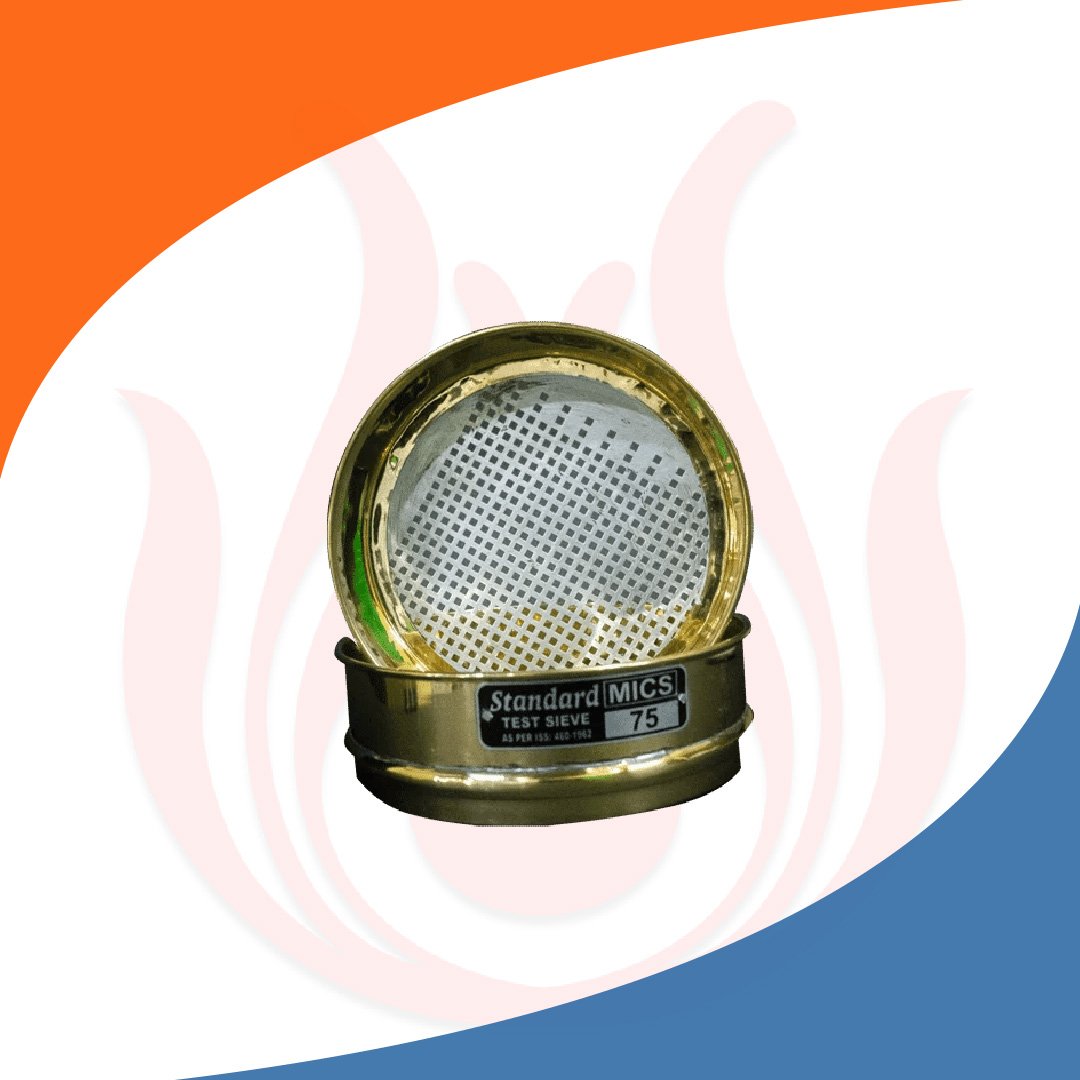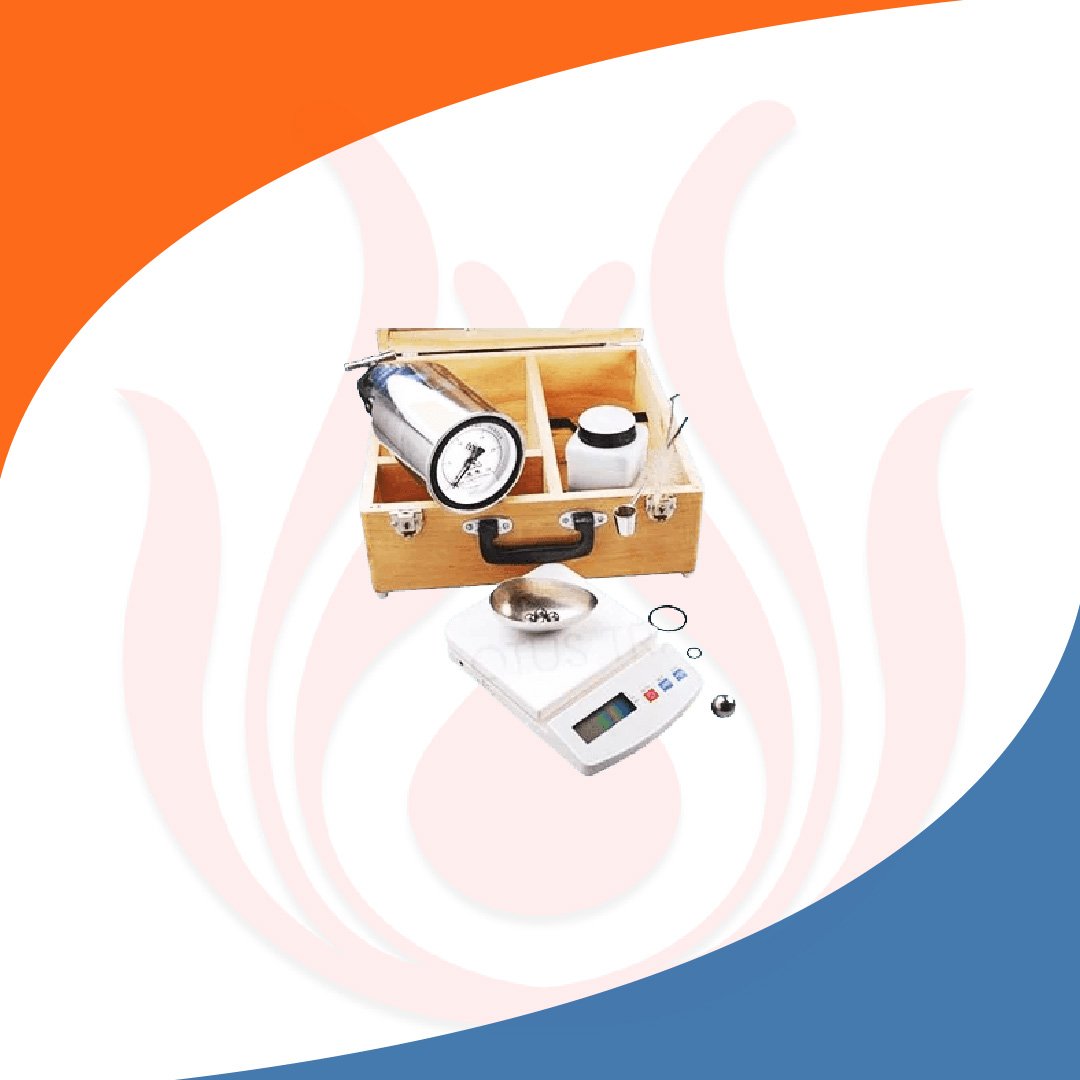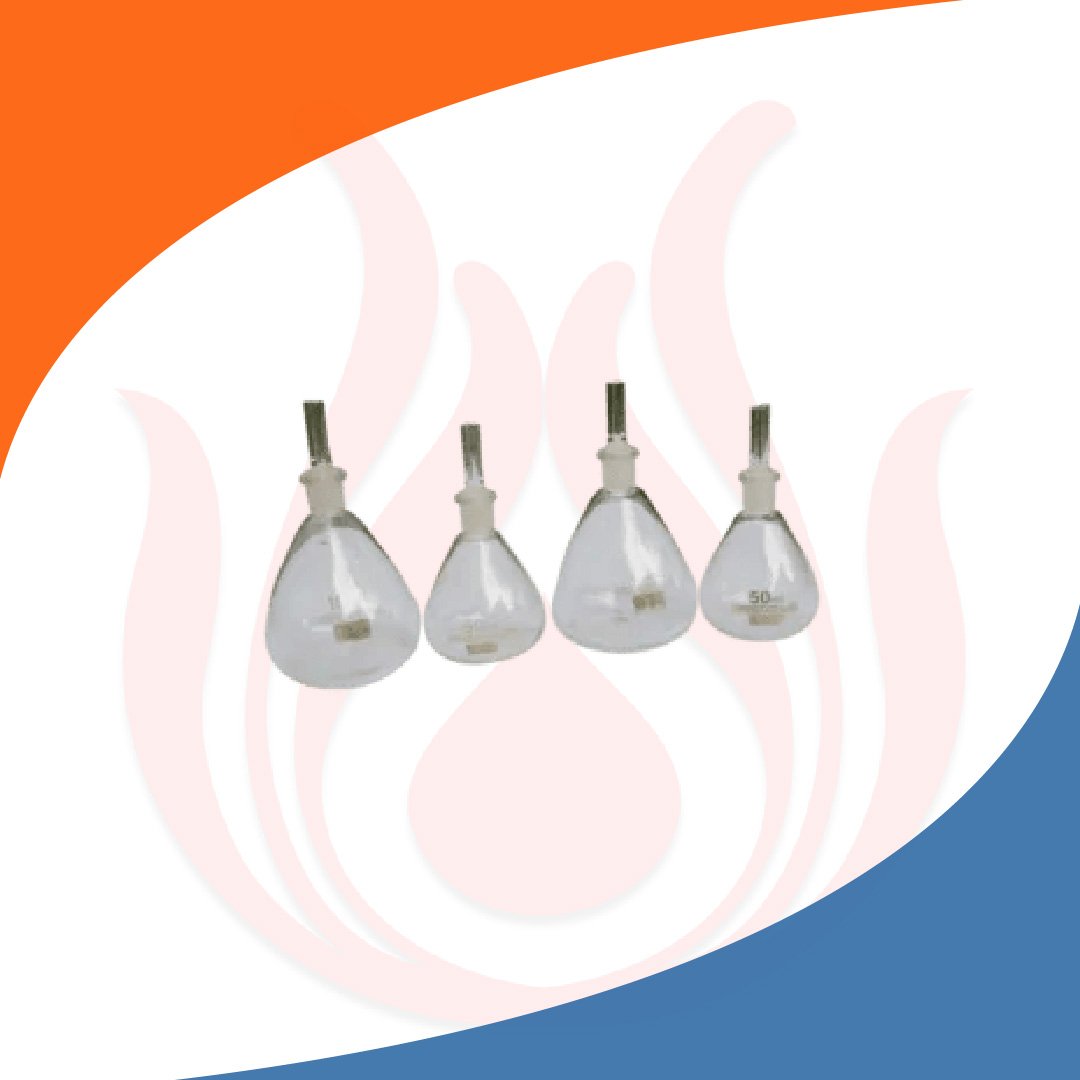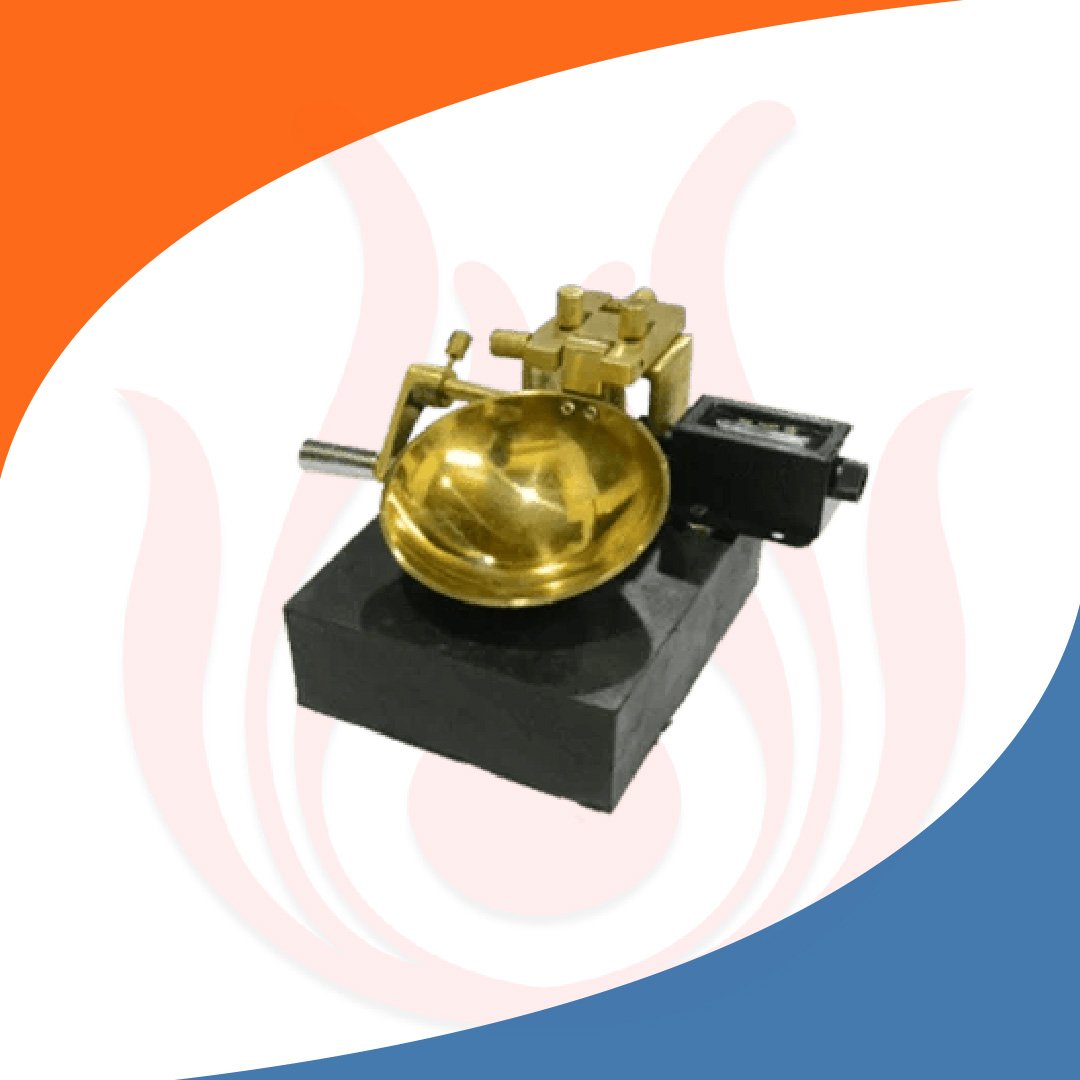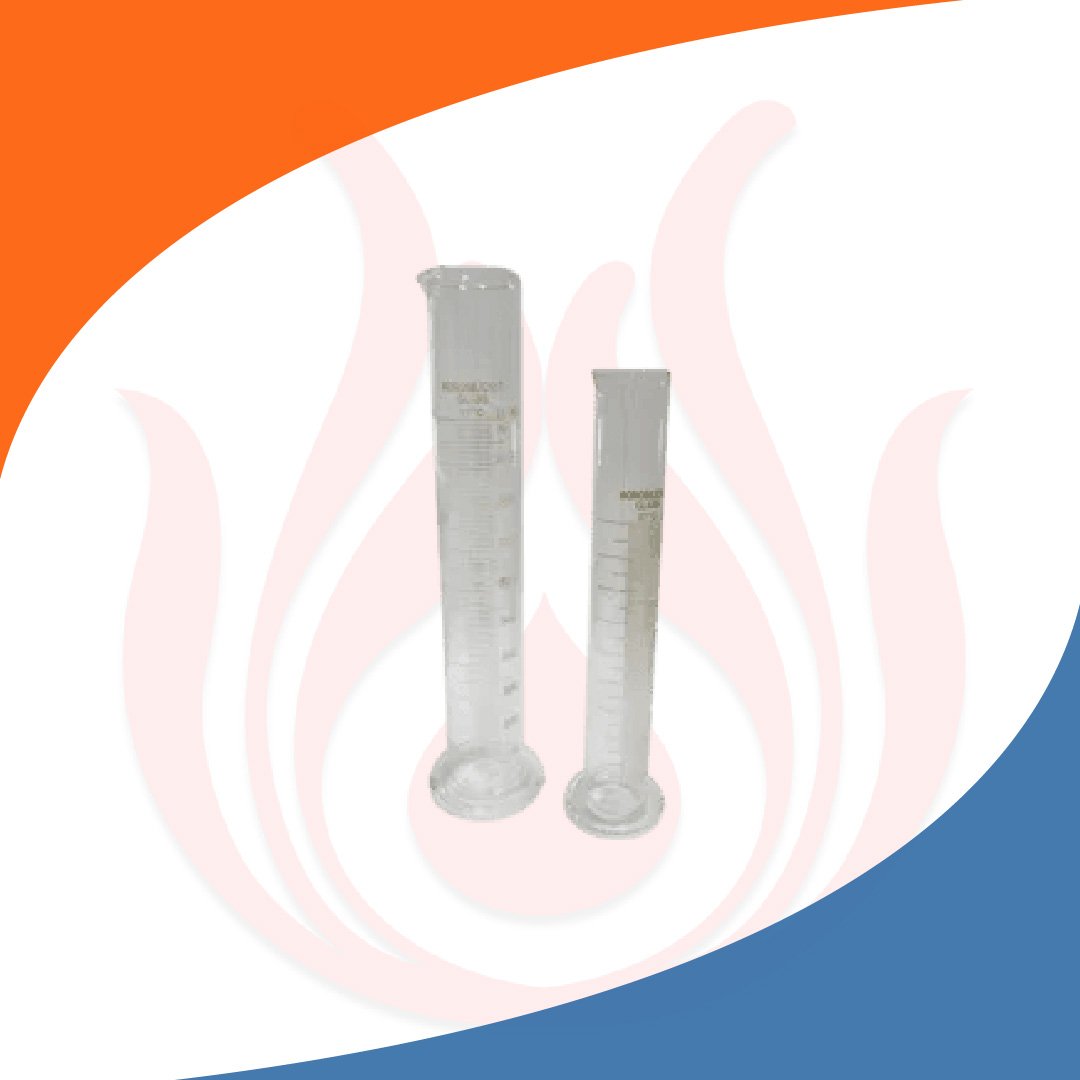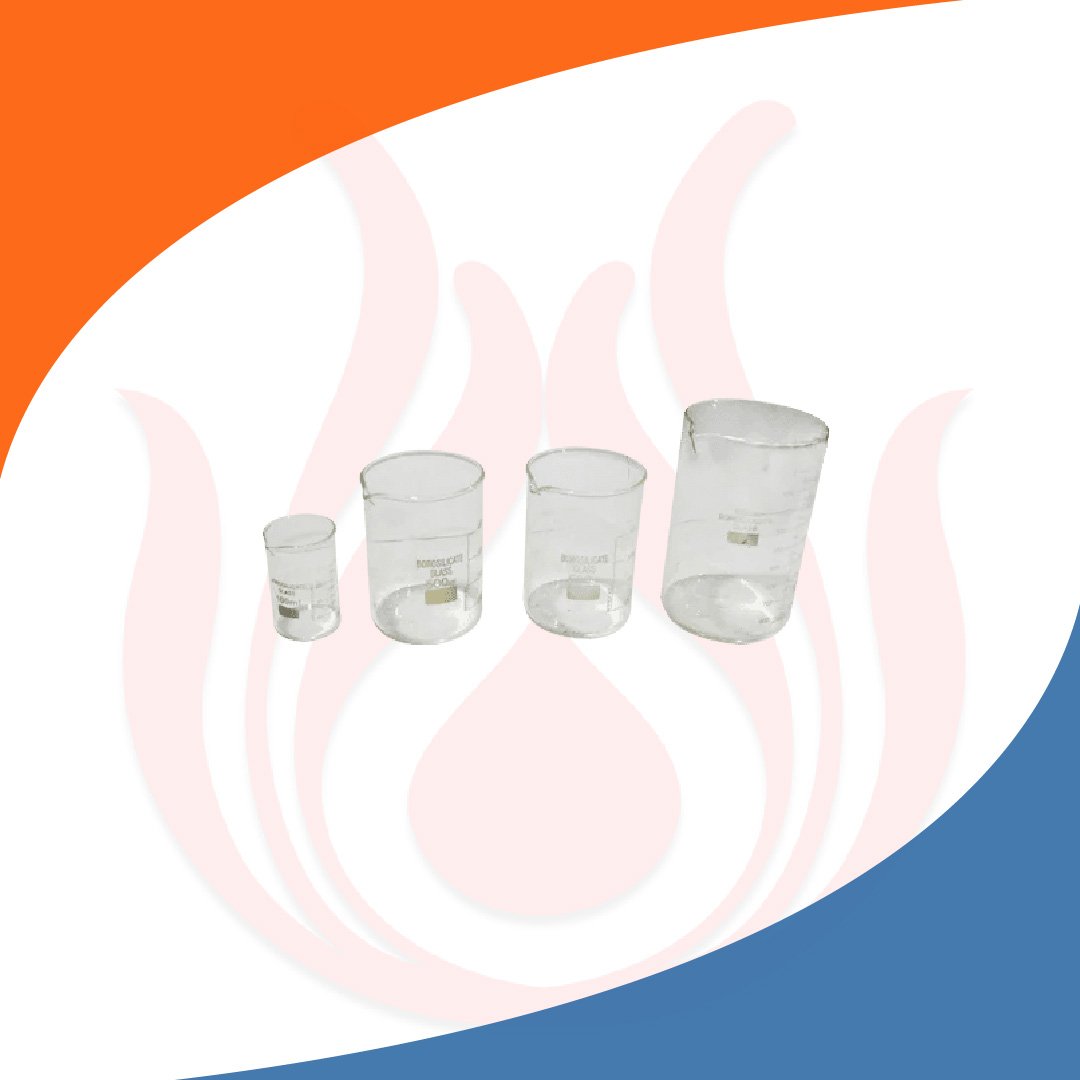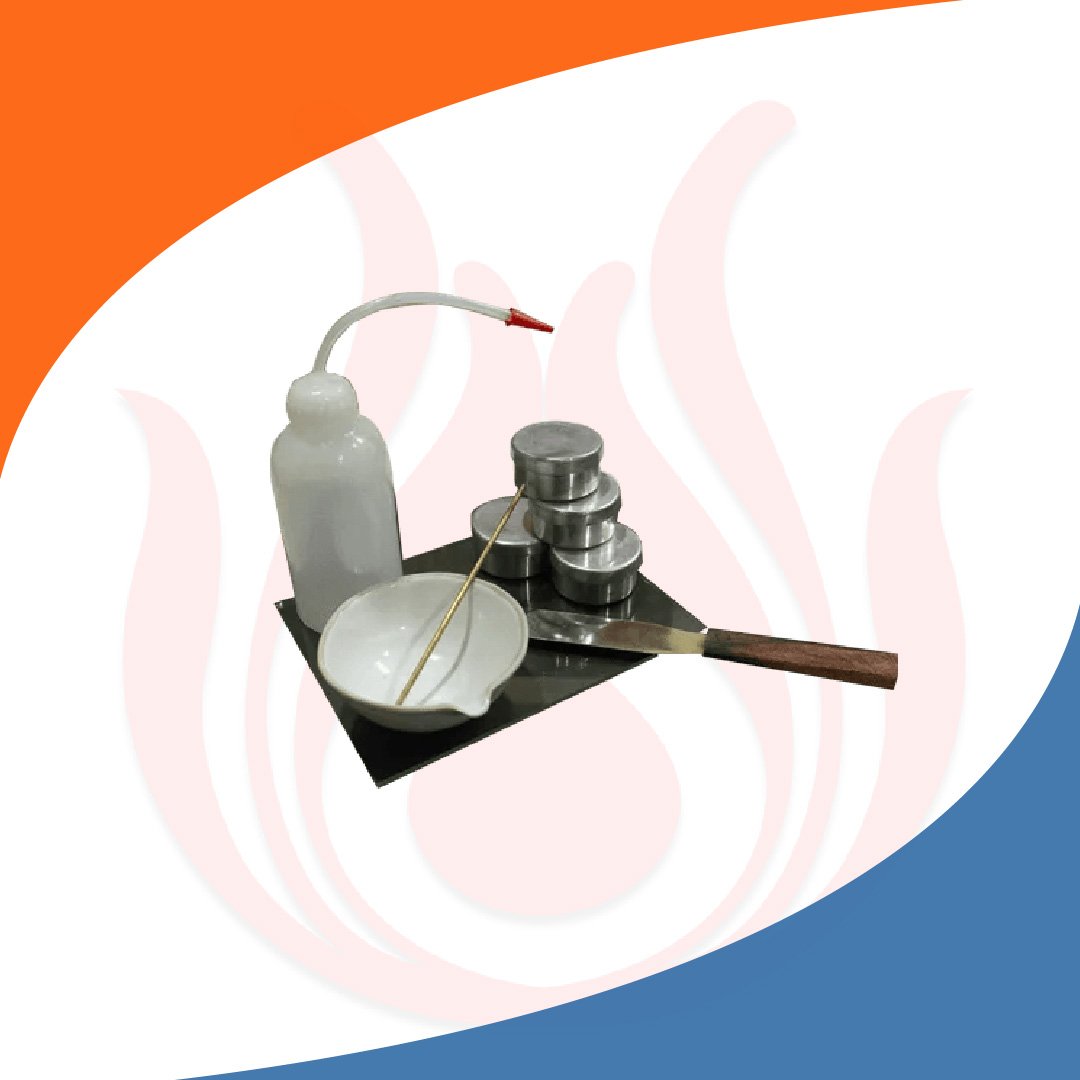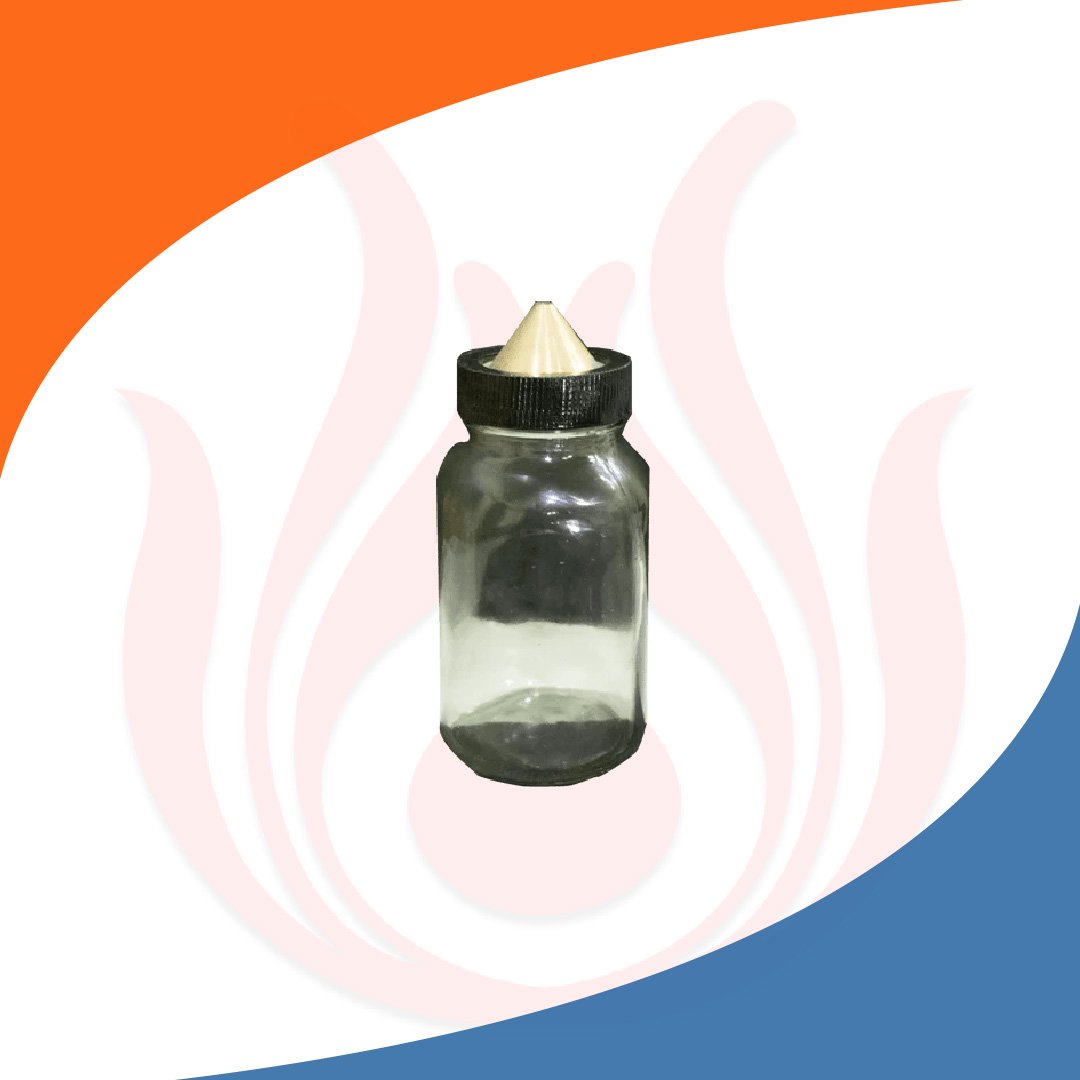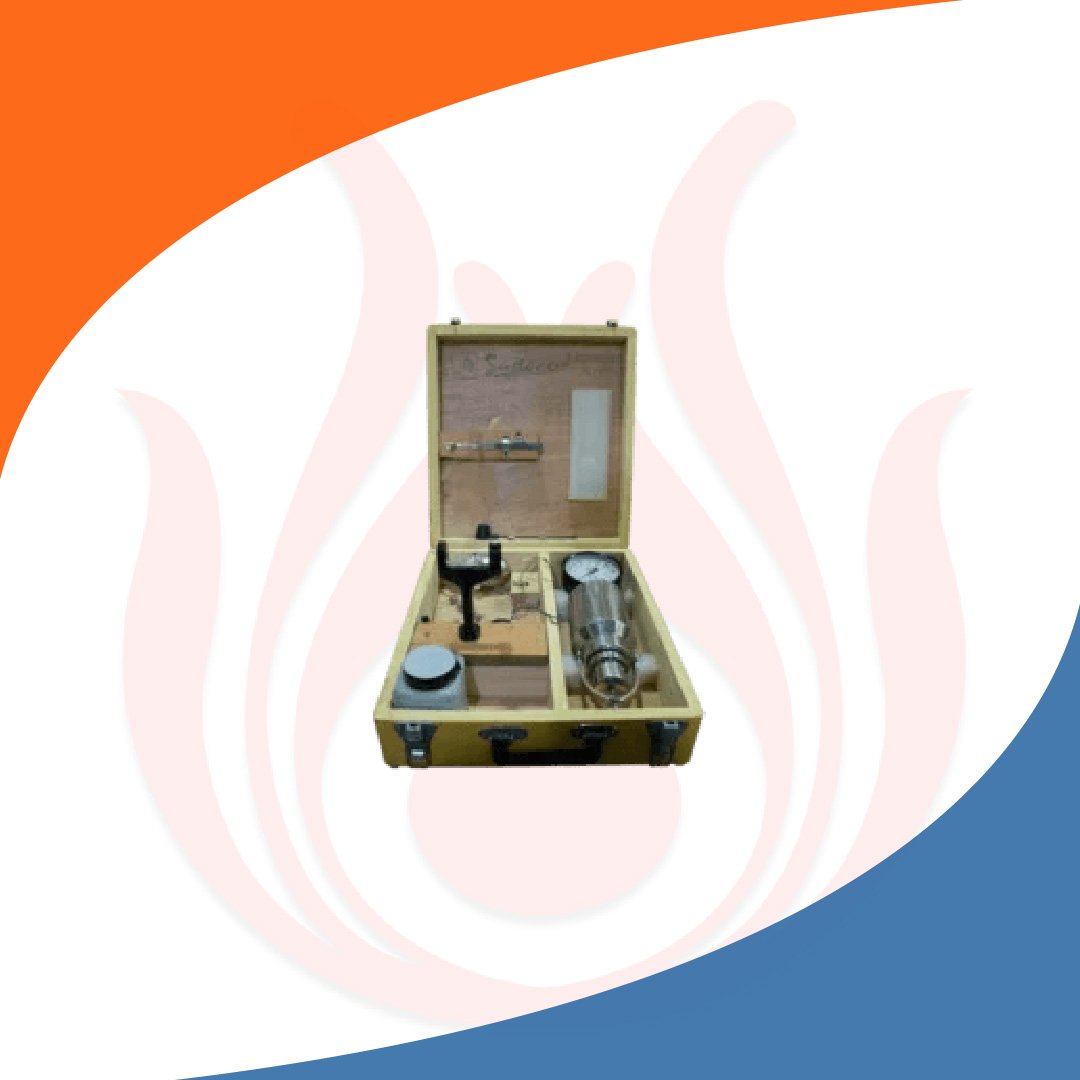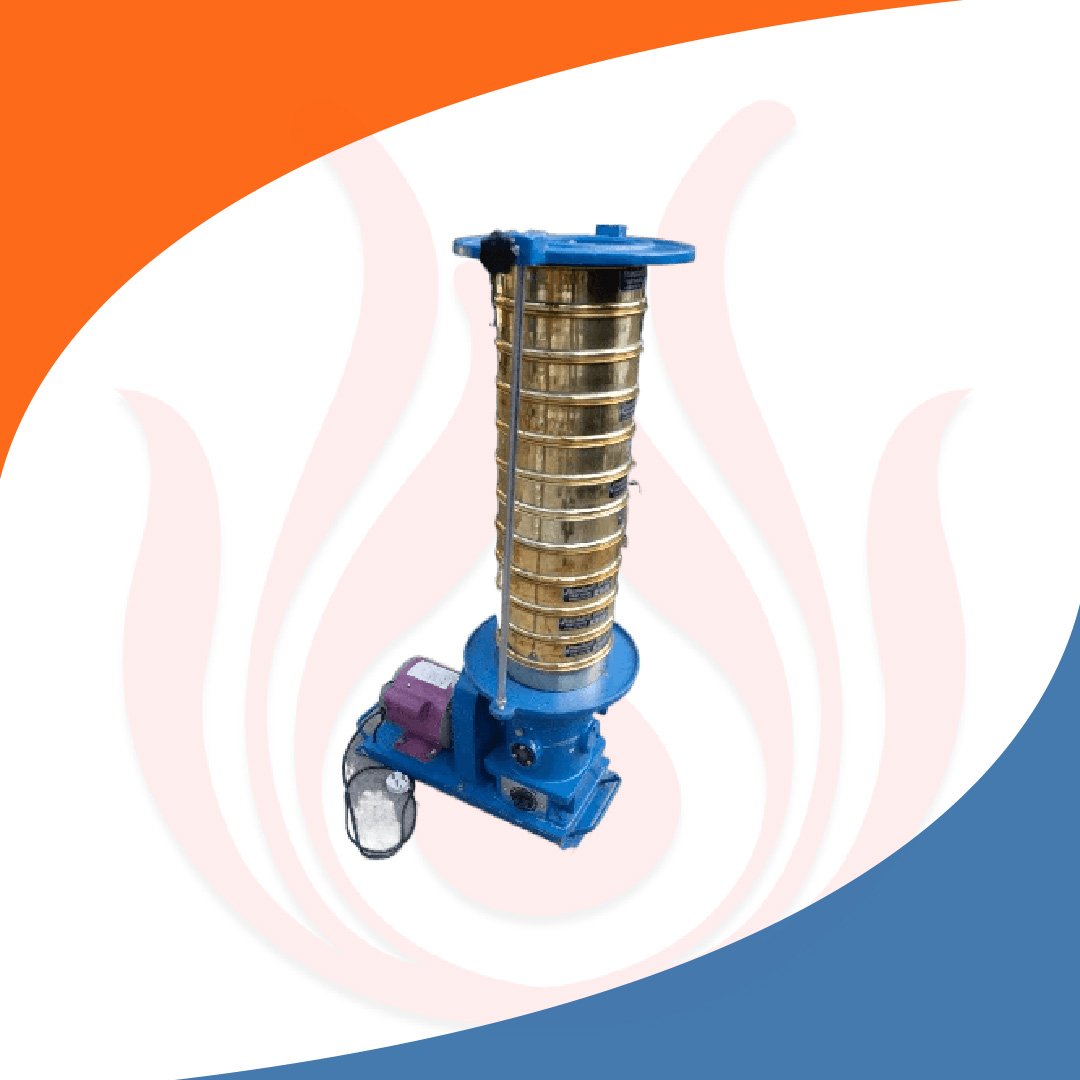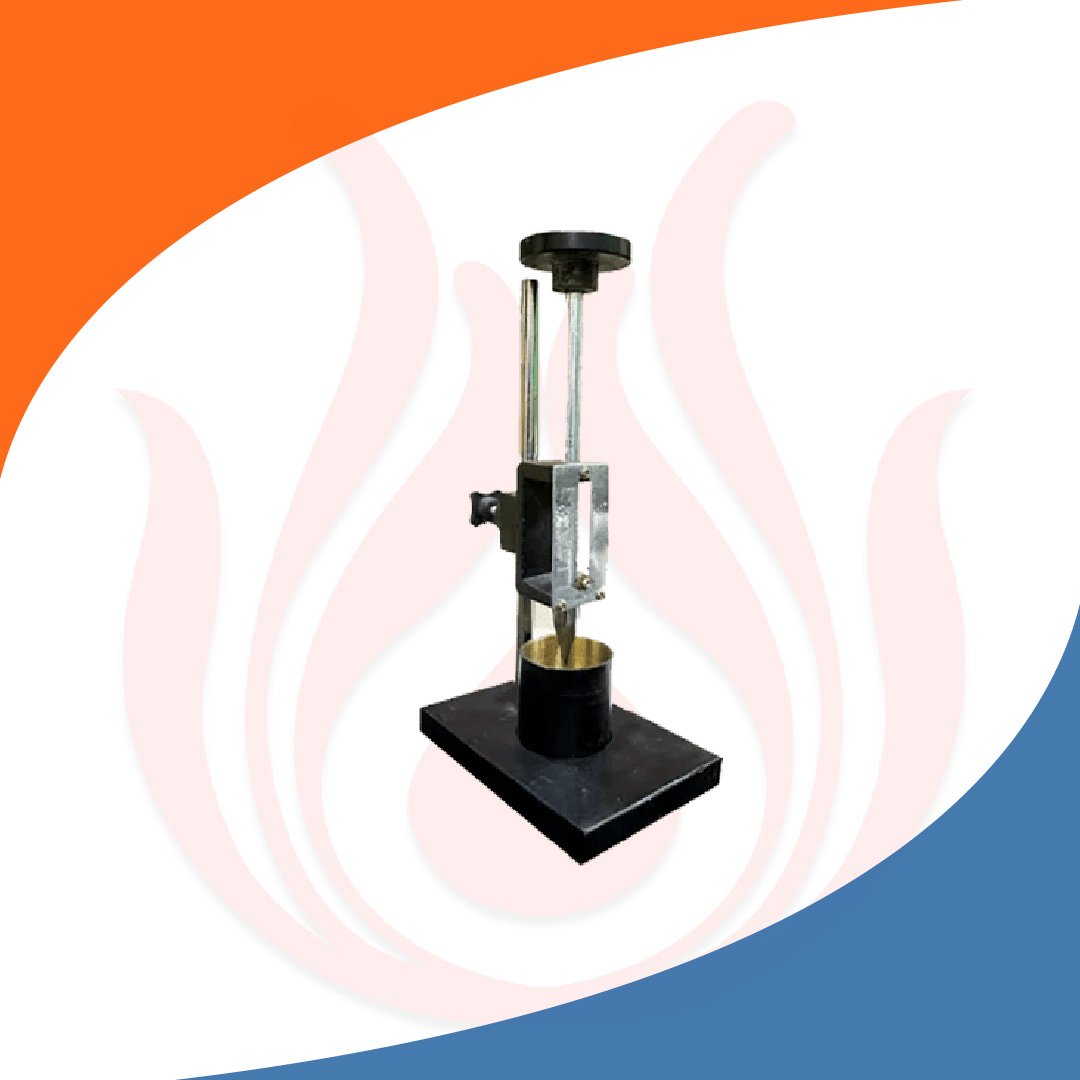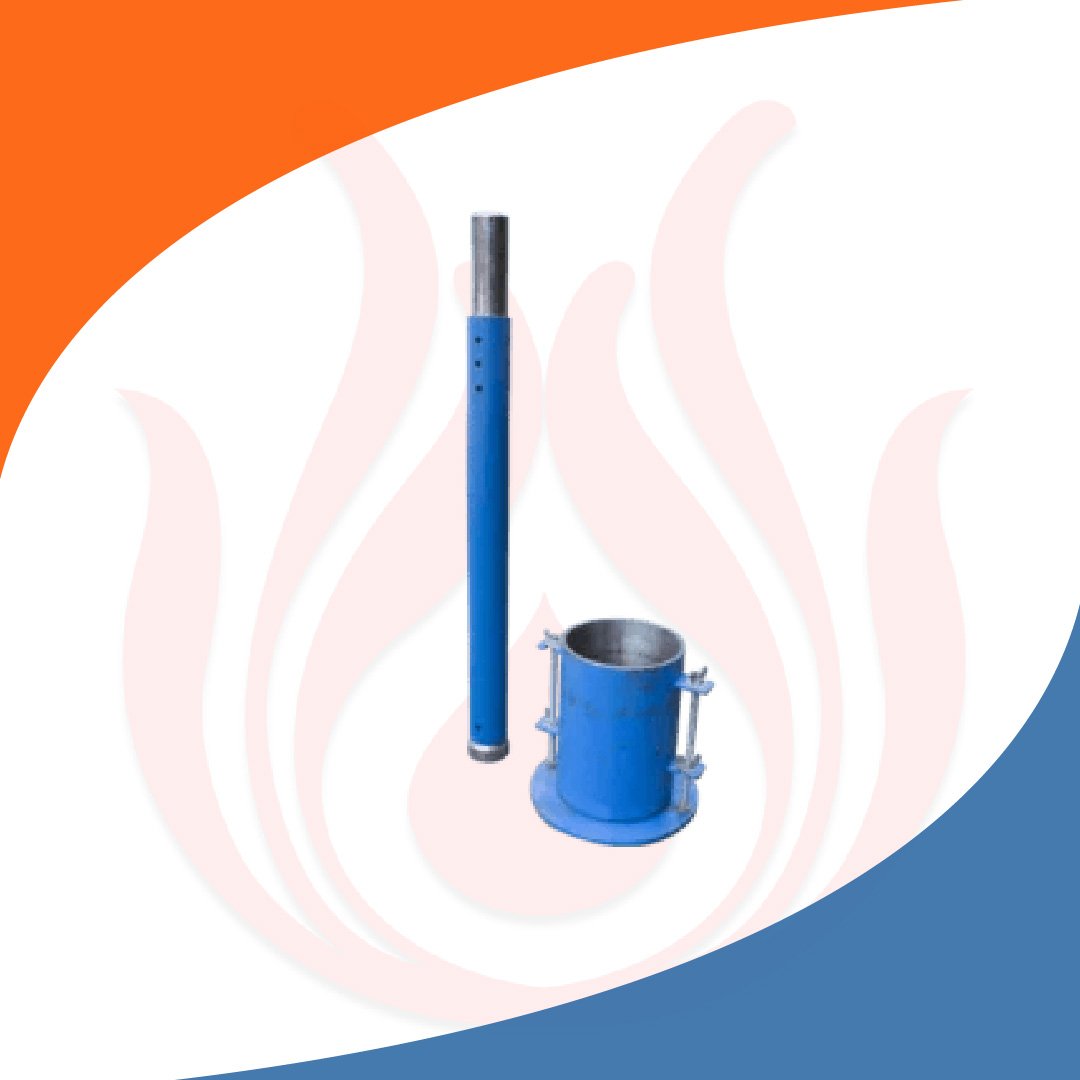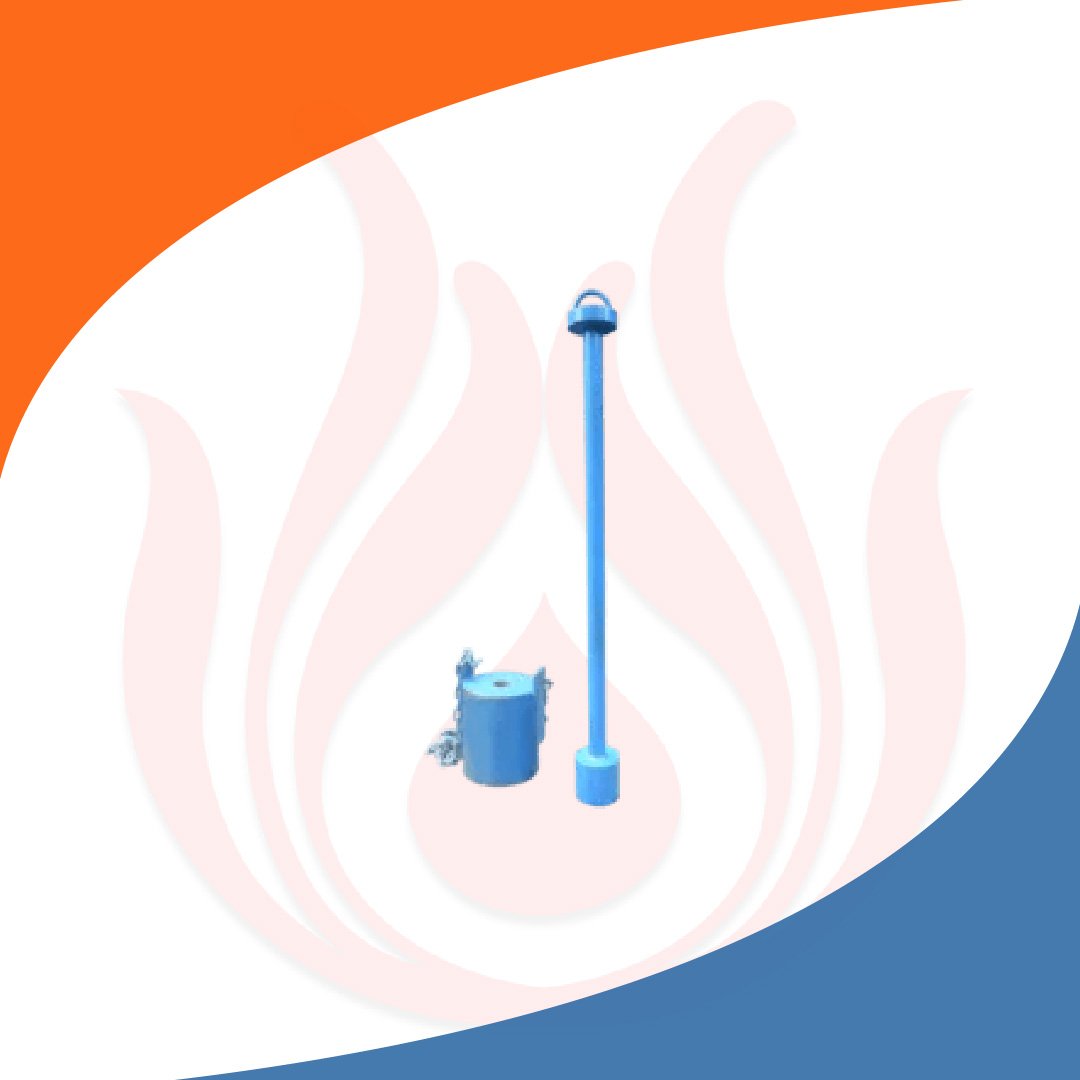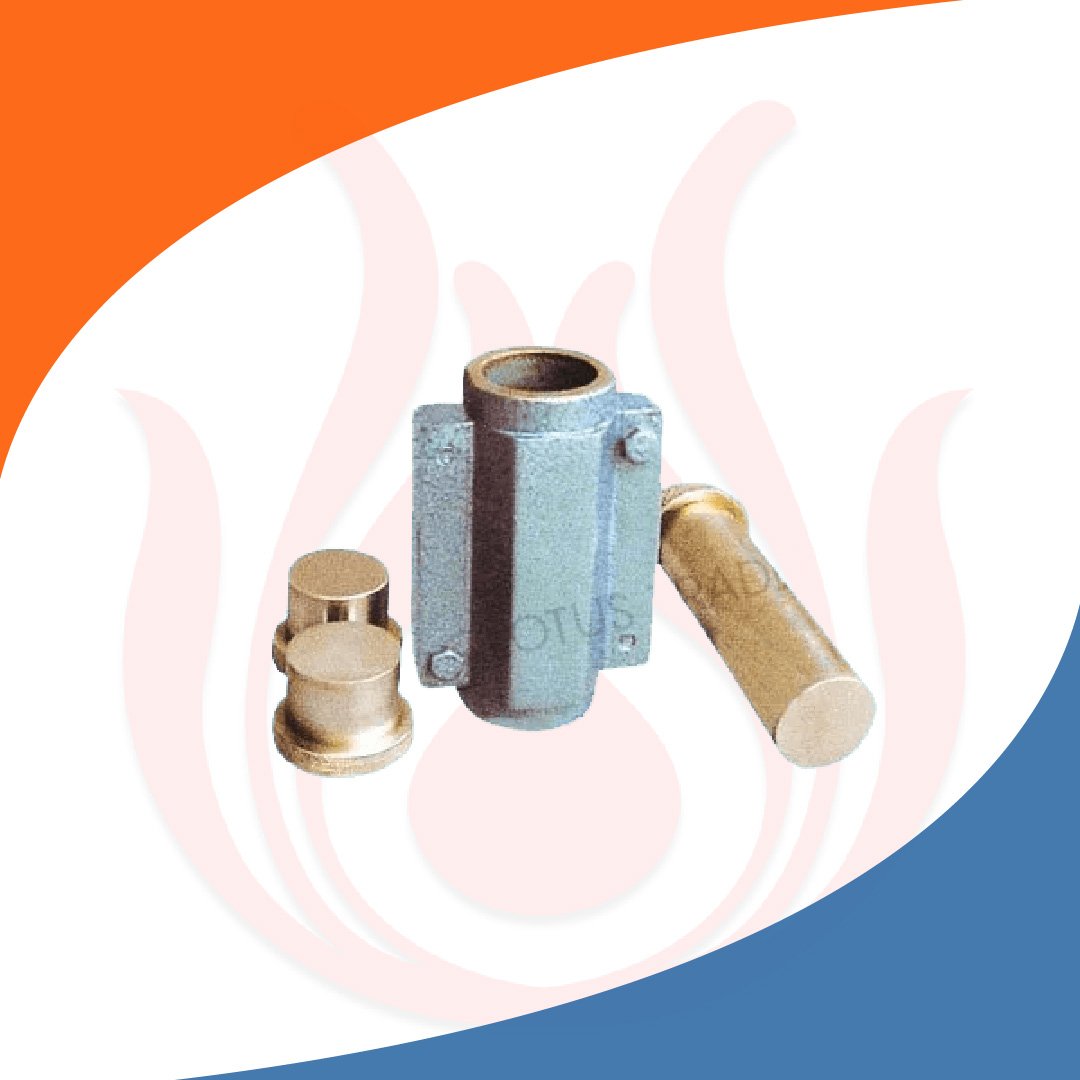


SOIL TESTING EQUIPMENT
Soil testing equipment:
Equipment’s for understanding earth’s surface.
Soil plays an essential role in different parts of human existence, from horticulture, agriculture to construction, natural administration to geographical designing. The characteristics and properties of soil directly influence its stability and appropriateness for specific applications. Soil testing equipment is fundamental for evaluating these properties of soil and assuring the progress of construction projects that involve soil manipulation or interaction. This testing investigates the different kinds of soil testing equipment, their capabilities, and their importance in diverse fields.
Soil testing equipment are widely used in assessing the properties and characteristics of soil samples for different purpose such as:
Agriculture: Soil moisture meters and pH meters assist farmers with improving water irrigation system and alter soil pH for better yield growth.
Construction: tools like compaction tester and consolidation test equipment guarantee stable core foundation and irradicate structural problems.
Natural Investigations: Permeability test equipment helps with groundwater management and ecological effect evaluations.
Particle size analysis: specialized equipment is used to identify soil type and their suitability for specific application.
Heat-related test: ovens and high-tech equipment prepare soil samples for testing to ensure consistency in every temperature in controlled conditions.
Usage of soil testing equipment:
Soil testing equipment are widely used in assessing the properties and characteristics of soil samples for different purpose such as:
Agriculture: Soil moisture meters and pH meters assist farmers with improving water irrigation system and alter soil pH for better yield growth.
Construction: tools like compaction tester and consolidation test equipment guarantee stable core foundation and irradicate structural problems.
Natural Investigations: Permeability test equipment helps with groundwater management and ecological effect evaluations.
Particle size analysis: specialized equipment is used to identify soil type and their suitability for specific application.
Heat-related test: ovens and high-tech equipment prepare soil samples for testing to ensure consistency in every temperature in controlled conditions.
Major assessments performed during soil testing:
Soil moisture test: this test is performed to determine the percentage of water molecules present in the soil, it helps in examining the ability of the soil to hold or release water. This test is important for agricultural planning, selecting irrigation system and understanding properties of soil for better construction planning.
Soil pH test: soil pH informs about some important aspects of soil such as its acidity or alkalinity. It assesses the nutrients available and required for plants and chemical reactivity to the soil. This test is required for agricultural adjustments of the soil pH for exponential growth of crop, these properties of soil determine the suitability of vegetation.
proper compaction test: testing how soil compacts under load and different condition is necessary for understanding the nature of the soil. This test provides information about the maximum dry density of the soil as well as the optimum moisture level of the soil.
Permeability test: permeability test determines the soil capacity to convey fluid through it. This test assesses the rate at which water or any fluid can flow through the soil. This test is important for planning drainage system, groundwater regeneration.
Consolidation test: this test is performed to evaluate the consolidatory ability of the soil under load overtime, this assessment enlightens information on the settlement nature of the soil. This test results in predicting and planning the future behaviour of the soil so that future projects can be planned to have a structural plan accordingly.
Soil sampling: soil sampling involves collecting soil sample from various locations and depths to assess the sites soil properties, this test is important for assuring that soil is suitable for the specific project plan/ framing or not, to reduce the risk of future failure.
All these tests provide an overall understanding about the behaviour and characteristics of the soil, allowing the professionals and experts of agriculture and construction sites to make educated decisions for growth and development on that soi. It ensures that the site is safe, efficient and environmentally friendly for use.
Advantages of soil testing:
Soil testing is an important process to be followed in fields of agriculture, land development, environmental studies, and many other reasons. It includes studying of the soil sample for getting knowledge of its composition, macro-nutrients and micro-nutrients present in it and pH value of the soil.
Optimizing Nutrient Management: Soil tests showcase important information about the soil’s composition the presence of necessary elements (such as nitrogen, phosphorus, and potassium) at the right amount. It is useful for farmers/gardeners to know what nutrients are present in the soil and decide the appropriate type of fertiliser to maximise crop/plant development. This allows for adjustments in nutrient application according to soil composition to gain higher crop yields while minimizing the risk of over-fertilization, which can be destructive to the environment.
Cost Savings: There are many cost benefits that can come from soil testing. This will help you save money on inefficient fertilization costs because you have more accurate results on the nutrient content of your soil. Moreover, knowing the soil’s pH and its other properties will enable better alternatives for appropriate crops/plants which would decrease the probability of crop failures, thereby preventing wastage of resources.
Environmental Protection: Good soil testing and nutrient management might be good for the environment but Excessive use of fertilizer causes soil erosion and nutrient degradation. This may pollute water sources and it will negatively impact fish populations within rivers, lakes, and oceans. Soil sampling prevents this, by providing an indication as to how much and what kind of fertilizers are needs to be applied.
Improved Soil Health: Soil testing also provides information about the pH of the soil, organic matter content and texture. This information makes it possible to estimate the state and health of the soil, soil assessment’s soul propose is to measures soil nutrients and management of soil to enhance its quality. “Healthy soils are determined by the capacity of how much moisture they hold, promoting greater amounts of species of plants and microbes to develop.
Customized Crop Management: Different plants need different nutrients, and they grow better in particular type of soil. Soil testing helps farmers and gardeners to adjust plantation selections and help them learn farming techniques based on soil properties.
Products and services provided by lotus traders in soil testing field:
Lotus traders is well known for its quality services and top-quality products. Lotus traders is the one stop destination for all your construction requirements and equipment.
California bearing ratio machine: this machine plays a vital role in civil engineering; its soul purpose is to examine soil strength and its load bearing abilities for perfection in built and construction quality control. The machine applies loads on soil sample, measuring the depth and penetration and load handling capacity. By performing this test engineers determine the ability of the soil to withstand pressure and deformation, assuring sturdy base foundation and rigid structure. All the above data gathered by this process results in optimized construction design and alteration in the use of materials.
Brass sieves: this is a specialized tool used in material separation as well as for particle size analysis. This tool consists of a circular frame with woven brass mesh allowing particles of different size to be classified and separated. This tool is widely used in agriculture, construction, pharmaceutical and other fields for grading and testing the quality of soil. Or any other material.
GI sieves: galvanized iron sieves, are majorly used in construction and agricultural industry, for particle analysis and precise separation of material. Its working is same as brass sieves but the only distinguishing factor is the material quality, as it is made from iron instead of brass
Core cutter dolly with hammer: this tool is widely used for soil sampling, the dolly(hammer) is repeatedly struck into the ground till it reaches the desired depth for collecting sample. Theses samples summarizes about the properties of soil such as density, soil type, moisture content, etc, all these data contribute towards improving soil quality and sustainable project planning.
Speedy moisture meter: this equipment is a portable device useful for faster moisture content calculation. A sample is heated till the moisture content is evaporates, the change in mass of the material determines moisture content. This process is crucial for soil quality control.
Density bottle: this is a specialized small container with predetermined volume generally used in laboratory. Its soul purpose is to measure the density of liquids and solids by precisely determining the mass of a material it can hold.
Liquid limit device: it is a laboratory device used to determine the liquid limit of soil, as liquid limit is crucial fundamental the determines the plasticity of soil and helps to classify soil into different types. The test is performed by gradually adding water to soil sample until it converts into solid state to a liquid state, the amount of water used in this process determines the liquid limit of the product.
Measuring cylinder: it is a glass/plastic container mostly used in laboratory, the equipment has predefined markings on it for accurately measuring and transferring liquids. Experts use them to measure volumes of liquid with precision, ensuring accurate and reproduceable results in test and assessments.
Measuring jar: these jars are commonly used in laboratories for conducting volumetric measurements in experiments. They provide efficient and accurate way to determine the volume of liquids for required purposes.
Plastic limit set: this soil testing kit is used to determine the plastic limit in the soil samples. The moisture container assesses the moisture content transition rate from plastic state to semi-solid state.
Pycnometer: it is a laboratory equipment used to measure the density of any material, preferably liquids and powders. The tool is filled with the substance whose density is being measured, and the weight and volume are accurately determined. After comparing the weight to its volume then the density can be calculated.
Rapid moisture meter: this soil testing equipment is used in various industries such as agriculture and construction, it quickly calculates the moisture present in the materials such as soil, grains, and aggregates. This test is performed to ensure material suitability and proper moisture levels in different applications.
Sand replacement: this soil testing equipment determines the density and compaction of soil or granular materials at construction sites. The process involves replacing a known volume of soil with a calibrated volume of sand, density can be easily calculated based on the amount of sand used.
Sieve shaker gyratory: Gyratory sieve shakers is also known sifters used in laboratories to analyse particles’ sizes. The shaker screen operates on the principle of gyratory motion to a bank of screens having different grades and meshes which will allow finer particles to pass though and keeping the coarse particles back. It enables precise information about the particle size distribution of materials, namely powders and granules used in industries like Pharmaceuticals & Food Processing.
Soil cone penetrometer: Soil cone penetrometer is an instrument used in geotechnical engineering for measuring soil resistance to penetration. It has an embedded sensing device in a conical probe that goes into the ground and records the power needed to insert the probe. This sort of data is used to evaluate soil compaction, load-carrying capacity, and other characteristics important for construction and foundation design.
Standard compaction test: The standard compaction test, frequently performed for examining compaction test, is a generally utilized geotechnical technique for evaluating the greatest dry thickness and ideal dampness content of a soil sample. In this test, a predetermined mass of soil is compacted in layers utilizing a standard compaction device and fluctuating dampness content. By estimating the subsequent dry thickness, experts can decide the soil’s compaction qualities.
Drop hammer and guide pipe assembly: A drop hammer and guide pipe get together as a development instrument utilized for driving heaps or posts into the ground. It comprises of a weighty drop hammer raised and dropped to create a strong effect force. The pipe guarantees precise position and vertical arrangement of the heap, lessening the gamble of mis-alignment or harm during establishment.
Constant volume mould: A steady volume shape, frequently utilized in geotechnical and testing, is a tool intended to keep a reliable volume while assessing soil sample to different loads or tensions. It is used for performing tests like combination, where the volume change of a dirt example under stacking is of interest. The shape guarantees that the sample’s volume stays consistent, considering precise estimation of the soil’s compressibility and its capacity to endure pressure.
In today’s era of construction, where safety, compatibility, and performance are the bench marks, the requirement of soil testing equipment from reputed manufacturers and suppliers is essential for achieving accurate and prefect results. This bold move leads to the successful, more precise soil testing.
Selecting lotus traders as your supplier for soil testing equipment is a decision rooted with quality, reliability, and expertise. Lotus traders always supplies top-notch equipment designed to meet the rigorous demands of construction and engineering sectors.
FAQ's
The different equipment used in rock testing are:
Automatic Grinding Machine, Brazilian Test Apparatus, Core Cutting Grinding Machine, Digital Point Load Test, Hoek Triaxial, Load Frame for Universal Compression Test, Point, Load Index, Polishing and Lapping, Motorized Core Cutting / Core Drilling Machine
Rock Bolt Pull Out, Slake Durability, Asphalt & Concrete Floor Saw, Portable Core Cutting Drilling Machine Petrol Driven, Core Cutting/Core Drilling Machine Petrol and many more.
There are various instruments used for different purpose in soil testing, here are some commonly used important equipment are California bearing ratio machine, Brass sieves, Core cutter dolly with hammer, Speedy moisture meter, Density bottle, Liquid limit device, measuring cylinder, Plastic limit set, Pycnometer, Rapid moisture meter, Sand replacement, sieve shaker gyratory, Soil cone penetrometer, Standard compaction test, Drop hammer and guide pipe assembly, Constant volume mould, and many more.
The kit consists of chemical solutions, which are later added to a small sample of soil to be tested in a tube for assessing its properties like pH, nitrogen, phosphorus, potassium, and status of soil.
The soil part of soil is prepared from particles such as organic matters, slit, sand and clay which form aggregates.
Soil test kit has various advantages such as it provides appropriate fertilizer application like nitrogen, phosphorus, potassium, and limestone. Soil testing also assess the micro-nutrients required for specific crops.
Soil test is widely used in civil engineering for testing the soil’s compaction capacity and to know about other properties of soil which will help them to plan for future development and planning projects accordingly.
Moisture content testing in soil is important because it will affect the compaction, stability and density of soil, if they are not treated or tested before construction, they may even result in structure failure.
A sieve shaker helps in soil analysis by precisely separating soil particles of different sizes. This tool ensures accurate particle size distribution, these data are essential for soil classification, planning design and quality controls in agriculture and construction.
This tool is widely used in soil testing to assess soil resistance to penetration, helping experts to evaluate soil compaction, soil stratification and bearing capacity, and many more. Its useful for assess the suitability of soil for construction projects.
lotus traders is the one stop destination for all your construction requirements, we provide a wide range of equipment and services across the globe.
There are several different ways of soil testing such as alcohol method, radiation method, the sand bath method, the pycnometer method, oven drying method and many more.



